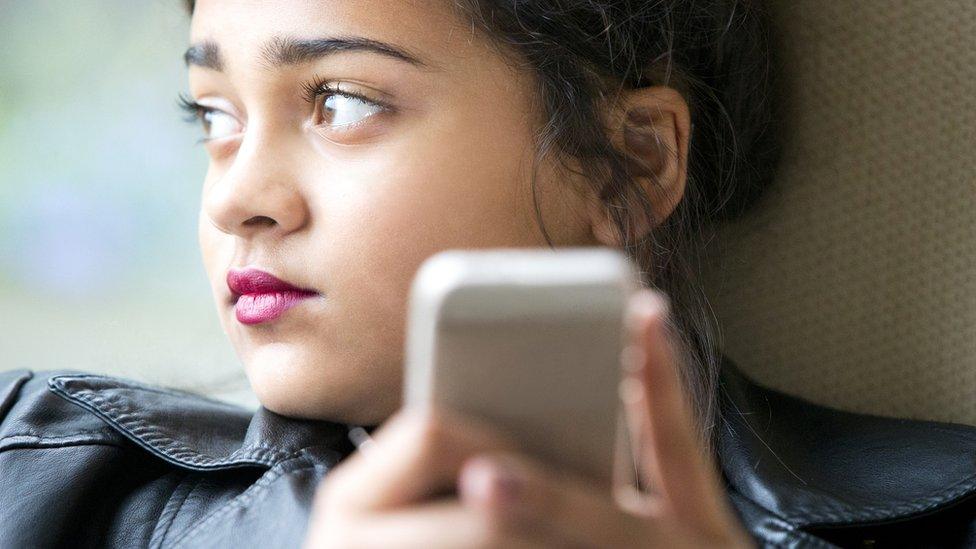Over half of young people have experienced bullying
- Published
- comments

A new survey of over 1000 young people aged 11-16 years old, from The Diana Award, reveals that over half (60%) of young people have experienced bullying in school, and 30% of young people have experienced bullying online.
The research reveals over half of young people (53%) say they are worried about experiencing bullying online. The research also found that 49% of online bullying starts offline, the majority of cases (78%) in school.
67% of young people find it easier talking about online issues with someone who is close to their own age, rather than speaking with a teacher. This suggests that there is a greater need for student-to-student anti-bullying support.
The Diana Award's Anti-Bullying Ambassador Programme has been working with schools and Facebook since March 2018 to train young people in anti-bullying tactics.
What exactly is bullying?
WATCH: How to recognise bullying
Bullying is when someone, or a group of people, repeatedly and intentionally hurts another person or people.
It can take different forms. For example, it could be physical (like pushing somebody around), emotional (for example, excluding someone) or verbal (such as calling somebody nasty names).
Bullies often do this to gain a sense of power over the person they are bullying, who is made to feel sad, scared or alone.
Bullying can happen in person face to face, or it can take place online - for example, via social media or games.
When bullying takes place online it is called . This form of bullying has become much more common, as many more young people have mobile phones and computers than they used to.
You can find more help and advice on the
- Published6 March 2018
- Published15 April 2019
- Published9 November 2018
